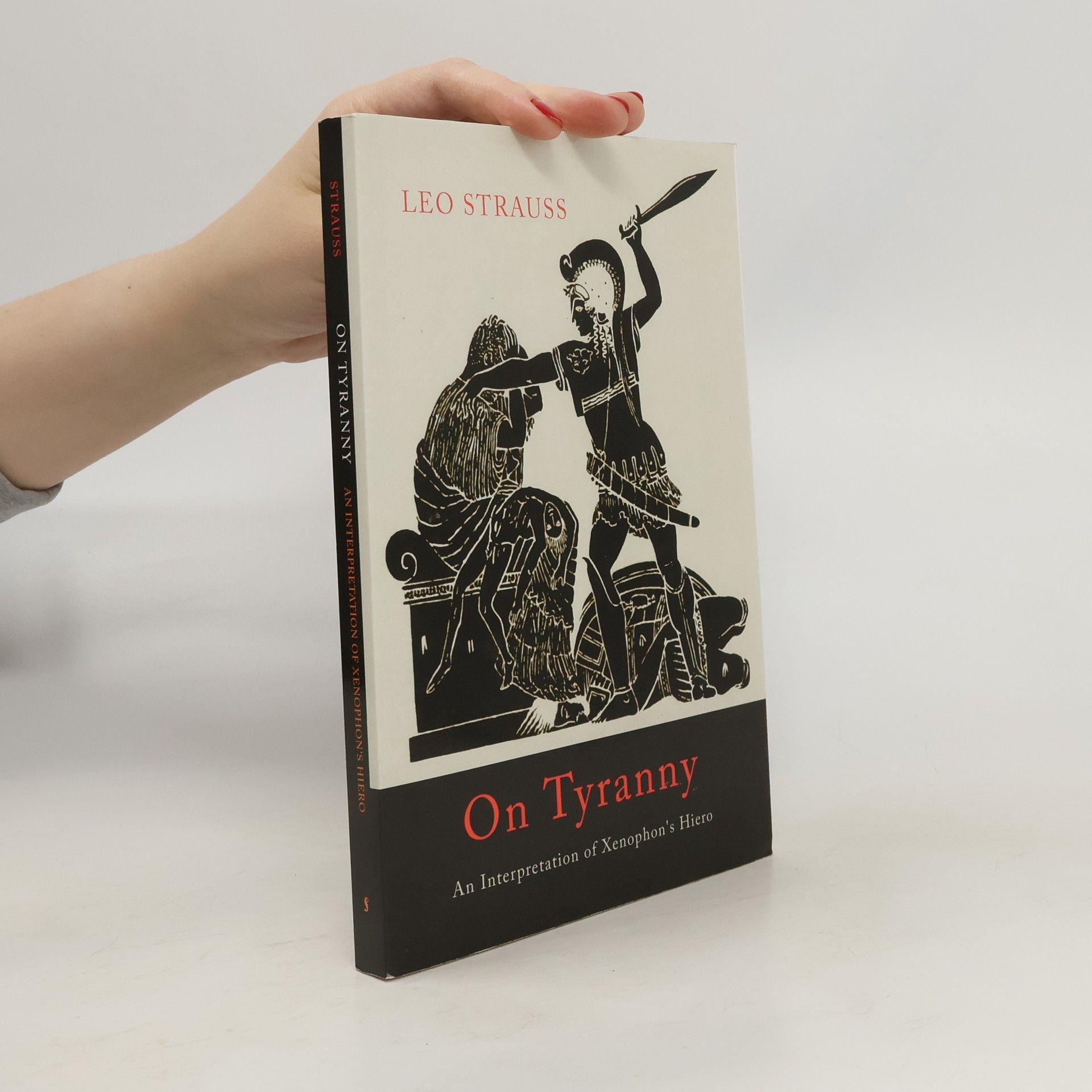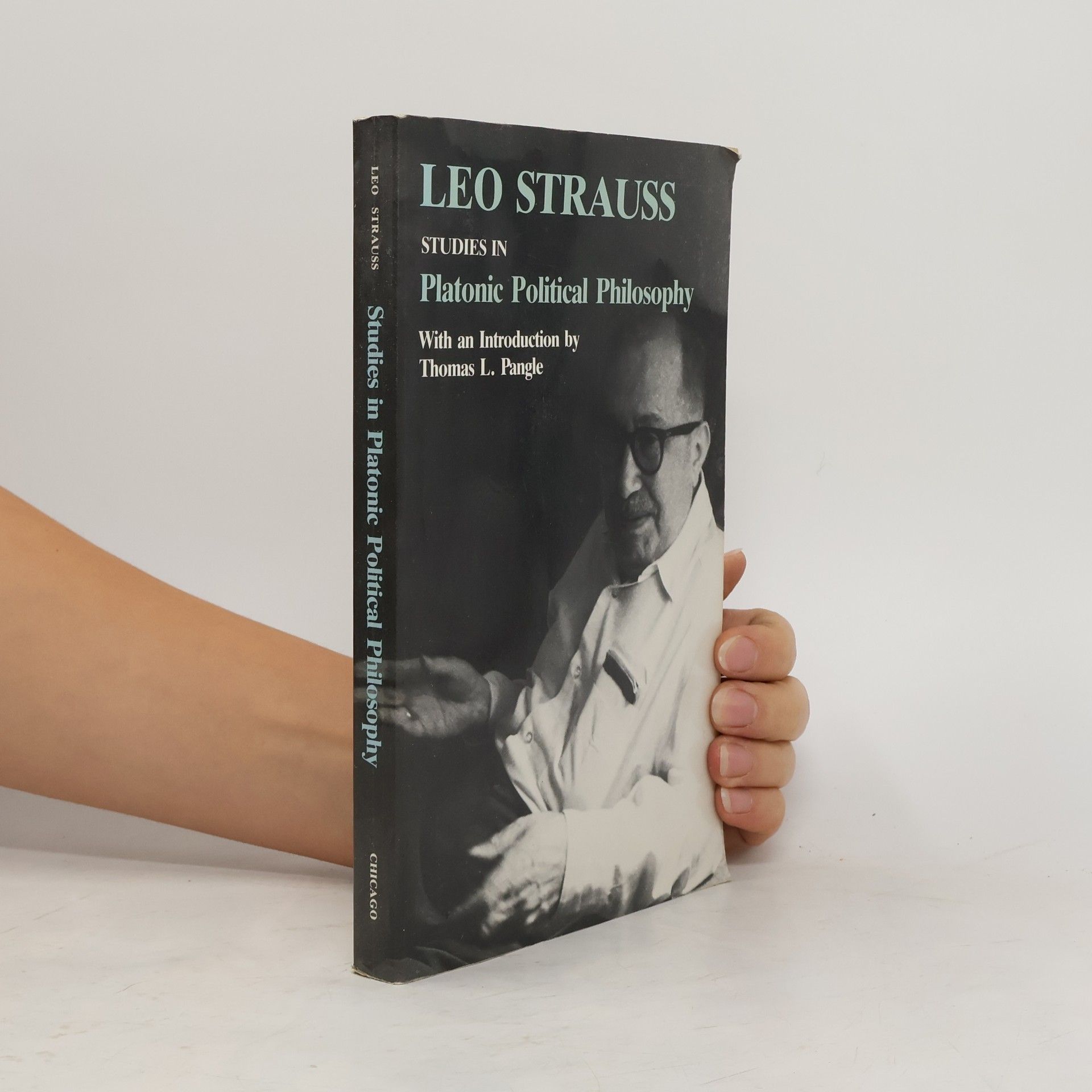Leo Strauss on Plato's "Protagoras"
- 416 páginas
- 15 horas de lectura
The seminar focuses on Socrates' dialogue with the sophist Protagoras, exploring themes such as the nature of virtue, the distinction between Socratic and Sophistic political arts, and the interplay of knowledge and ethics. Strauss examines the teachability of virtue and its connections to courage, justice, and wisdom, while also addressing the complexities of rhetoric and the significance of myth. This insightful analysis, edited by Robert Bartlett, highlights Strauss's Platonist perspective and his deep engagement with key philosophical questions surrounding how one ought to live.






